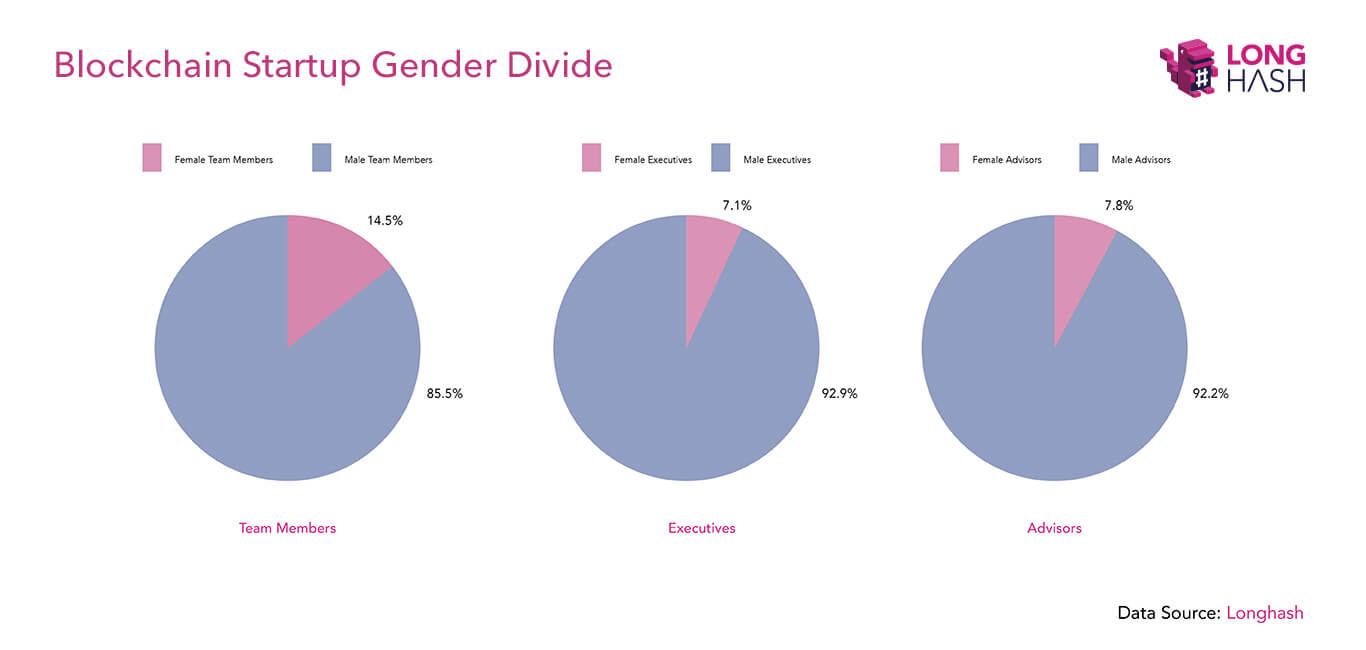2019-12-16 17:25 |
Coinspeaker
Will the Payments Sector Unite or Divide over Cryptocurrency Adoption?
Traditional payment companies seem to be taking vastly different approaches to cryptocurrencies. Earlier this year, it seemed like PayPal was about to blaze a trail in the space by working with Facebook on Libra, although it later pulled out. Elsewhere, more forward-thinking firms like Revolut and Skrill have embraced crypto, while Monzo has issued a firm “no,” and Stripe has backed away.
So, what exactly is going on in this tumultuous relationship between payment firms and cryptocurrencies, and what does it mean for the crypto community and future adoption?
The GoodLet’s start with the good news, that some of the payment firms are openly embracing cryptocurrencies. One example is Skrill. The UK-based online payments firm has recently announced the expansion of its crypto footprint, after launching an initial fiat-to-crypto on-ramping in 2018. However, at that time, users could only buy or sell crypto using fiat currencies.
Now, the company has expanded its cryptocurrency service to enable users to transfer between cryptocurrencies. The platform supports nine of the biggest coins, including BTC, BCH, LTC, and XRP. Users can make deposits in 40 different fiat currencies and can send payments from their fiat and crypto balances to other Skrill users.
Skrill joins competitor Revolut, which has also been offering a comparable cryptocurrency service since 2017. With Revolut, users can also buy and sell cryptocurrencies, although with access to just five assets, compared to nine on Skrill.
It’s fair to say that these kinds of services probably aren’t going to become gain much traction with experienced crypto users or traders, given their inherent limitations. You can’t withdraw your crypto balances and send them to an outside wallet or exchange. Also, the fees are quite high.
However, even if you’re an experienced cryptocurrency user, there are good reasons for supporting the existence of crypto services offered by payment companies. They have a significant role to play in bringing cryptocurrency to new users, helping to increase adoption.
Consider that Revolut has 8 million users, and Skrill, having been around longer, has 20 million. Contrast those numbers with the fact that there are an estimated 25 million Bitcoin users globally, and the potential for both of these growing companies to reach vast new audiences is clear.
For any existing Skrill or Revolut user, it’s easy enough to use some of their deposited funds to dabble in crypto. If they see their balances increase when Bitcoin goes up, then it’s likely they’ll venture further.
Currently, one of the most significant barriers to new crypto users is having to navigate the infrastructure of exchanges, wallets, and private keys. If new users can more easily get into crypto via a payment company, then the companies are offering clear value to the crypto space overall.
The BadEven if hardcore crypto users would compare these services unfavorably to the trading flexibility of a cryptocurrency exchange, consider the attitudes of some of the competitor companies towards crypto. The co-founder of Monzo, a UK rival to Skrill and Revolut, has gone as far as completely dismissing the idea of banks and payment firms adopting crypto. In fact, despite owning some Bitcoin himself, he even questioned whether or not Bitcoin has any future at all.
Furthermore, Monzo users on Reddit have shared their disappointment with the company after receiving notices threatening account closure if they use their Monzo balances for cryptocurrency trading.
Elsewhere, Stripe withdrew support for Bitcoin payments last year, citing reduced demand and high transaction fees. This came after it was one of the first payment firms to embrace cryptocurrency all the way back in 2014.
However, at least Stripe appears to be taking a less negative approach than Monzo. The blog post explaining the company’s position on Bitcoin did state that it may enable support for other coins in the future.
The Undecided?PayPal is the biggest firm in the space, and perhaps if it were to make a clear commitment to crypto, it might help to accelerate broader adoption by payment firms. So far, PayPal has been decidedly ambiguous about its direction in this regard.
Earlier this year, the company appeared to be embracing cryptocurrency when it joined Facebook’s Libra project as a founding member. Later, PayPal exited the project, apparently indicating that it didn’t want the regulatory hassle of being involved with the launch of a cryptocurrency. However, a recent interview with PayPal CEO Dan Schulman suggested the firm has other blockchain-based initiatives up its sleeve. He also confirmed he’s personally invested in Bitcoin – but only Bitcoin.
Ultimately, even if crypto users prefer to use an exchange, the progressive attitudes of firms like Skrill and Revolut are preferable to the open hostility displayed by Monzo. After all, if all firms took the Monzo approach of banning crypto entirely, it would have no chance of ever moving beyond a small niche group of users.
By adopting cryptocurrencies, the payment firms are giving more people the opportunity to get involved, increasing the chances of cryptocurrency to reach the mainstream sooner rather than later.
Will the Payments Sector Unite or Divide over Cryptocurrency Adoption?
origin »Bitcoin price in Telegram @btc_price_every_hour
Global Cryptocurrency (GCC) íà Currencies.ru
|
|







